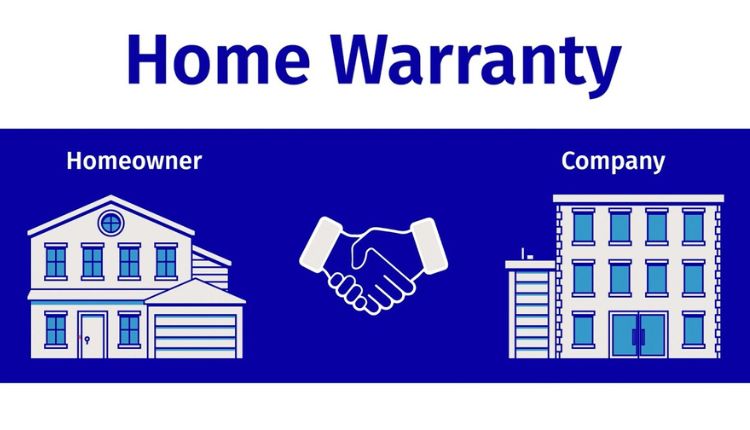
Real Estate: What Mortgage Notes Are and Why People Use Seller Financing
Understanding mortgage notes is essential if you’re looking to buy or sell a property. A mortgage note is a financial instrument used to record a borrower’s promise to repay a loan, typically secured by a lien on the property.
This post explains the basics of mortgage notes, seller financing, and why people use them.
Mortgage Notes and Seller Financing
Mortgage notes and seller financing are two alternative financing options for real estate investments.
A mortgage note is a written agreement between a borrower and a lender that outlines the terms of a loan used to purchase real estate. It has records of:
- loan amount
- loan length
- the interest rate on the loan
- monthly payment amount
- payment due date
Holding a real estate note comes with obligations, but we’ll dive into that later.
Seller financing, on the other hand, involves a property owner financing the sale of their property to a buyer. The buyer then repays the loan to the seller over a specified period of time, typically with interest.
A mortgage note is usually secured by a lien on the underlying property. The lien gives the lender the right to reclaim the property if a borrower defaults on payments.
Why Use Seller Financing?
Both mortgage notes and seller financing have their pros and cons and can be useful financing options in certain situations. Here are some key situations where seller financing may be a suitable option to buy or sell a property:
- Buyer is unable to obtain traditional mortgage financing due to poor credit or lack of a down payment
- The buyer is seeking a quicker and more flexible financing option
- The seller wants to speed up the sale of the property and is willing to offer to finance the buyer
- Buyer is looking for a more favorable interest rate than what is available through traditional mortgage financing
- The buyer is seeking a longer repayment period than what is typically offered by traditional mortgage lenders
- The seller is interested in generating a return on their investment over a longer period of time through interest payments from the buyer
- The buyer is looking for a more customizable financing solution to meet their specific needs and financial situation.
What to Do When You Hold a Mortgage Note
If you hold a mortgage note, there are a few steps to ensure that you are meeting your obligations as a lender.
1. Understand the Terms of The Loan
First, you should ensure you understand the terms of the loan and know any laws or rules that apply to mortgage notes. You should also make sure you pay all the loan payments on time since not paying a mortgage note can have serious consequences.
2. Keep in Touch with The Borrower
It’s also important to keep in touch with the person who borrowed the money. You should check in with the borrower often and be aware of any changes they may make to their finances. Also, if the borrower is having trouble paying back the loan, you should be willing to talk about possible solutions that could help them get back on track.
3. Look Out for Opportunities
Lastly, as the owner of a mortgage note, you should be aware of any opportunities that may be open to you. You could sell the note to a third party or make the loan last longer, so the borrower has more time to pay it back. Also, if the property’s value has gone up since you got the loan, you can use that increase by refinancing the loan.
Conclusion
Mortgage notes provide a flexible and cost-effective solution that can be of considerable assistance to purchasers and vendors in the process of completing a real estate transaction. However, it is essential for holders of mortgage notes to be aware of their responsibilities and to take the appropriate precautions to guarantee that they are living up to those duties.




